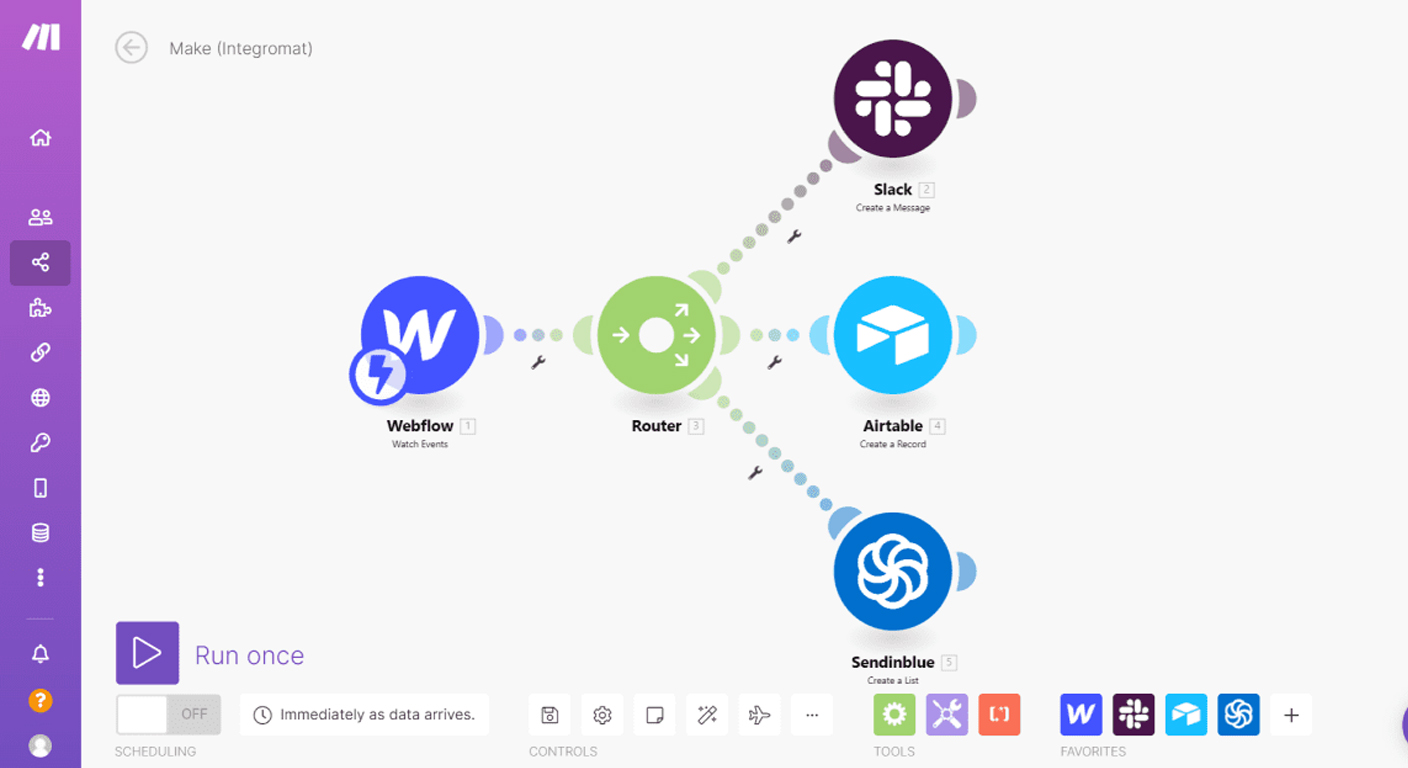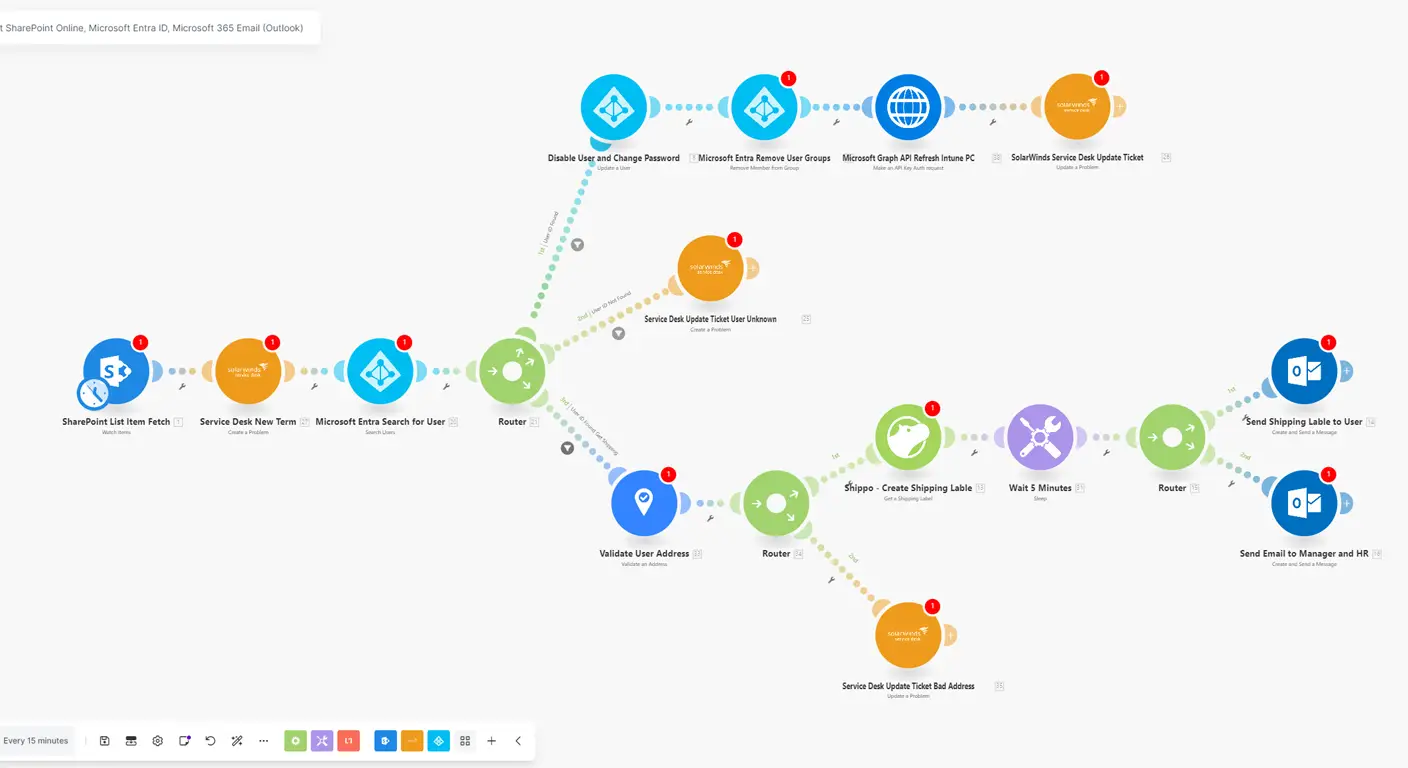Artificial Intelligence (AI) agents are revolutionizing workflow automation by managing complex, multi-step tasks with minimal human intervention. These specialized programs enhance efficiency and scalability across various industries.
Understanding AI Agents
AI agents are software entities designed to perform specific tasks autonomously. Unlike traditional automation tools that follow predefined scripts, AI agents can adapt to changing environments and make decisions based on real-time data. This adaptability makes them invaluable for automating intricate workflows.
Key Features of AI Agents in Workflow Automation
Natural Language Processing (NLP): Enables AI agents to understand and execute commands given in everyday language, simplifying user interaction.
Integration Capabilities: Allows seamless connection with various tools and platforms, such as Slack, Google Docs, LinkedIn, and WhatsApp, facilitating comprehensive workflow management.
Modular Design: Employs a hierarchical structure where a central director agent oversees operations, delegating tasks to specialized sub-agents. This modularity enhances efficiency and precision.
Practical Applications
AI agents are being utilized in numerous ways to streamline workflows:
Communication Management: Handling emails, messages, and notifications across multiple platforms, ensuring timely responses and organization.
Content Creation: Generating and publishing content for blogs and social media, tailored to specific audiences and platforms.
Research and Data Gathering: Collecting information from the web for market research, lead generation, or competitive analysis.
Scheduling and Planning: Automating the scheduling of meetings, appointments, and reminders, optimizing time management.
Benefits
Increased Efficiency: By automating repetitive tasks, AI agents free up human resources for more strategic activities.
Scalability: Businesses can handle increased workloads without proportional increases in staffing.
Accuracy: Reduces the likelihood of human error in routine tasks, ensuring consistency and reliability.
Considerations for Implementation
While AI agents offer significant advantages, it’s essential to consider:
Integration Challenges: Ensuring compatibility with existing systems and workflows.
Data Security: Protecting sensitive information handled by AI agents.
Continuous Monitoring: Regularly updating and supervising AI agents to maintain performance and adapt to new tasks.
Future Outlook
The development of AI agents continues to advance, with future enhancements expected to include more sophisticated AI models and expanded integration capabilities. As these technologies evolve, they will offer even greater potential for automating complex workflows and improving productivity.
Incorporating AI agents into your operations can lead to significant improvements in efficiency and scalability. By understanding their capabilities and thoughtfully implementing them, businesses can stay ahead in an increasingly automated landscape.







